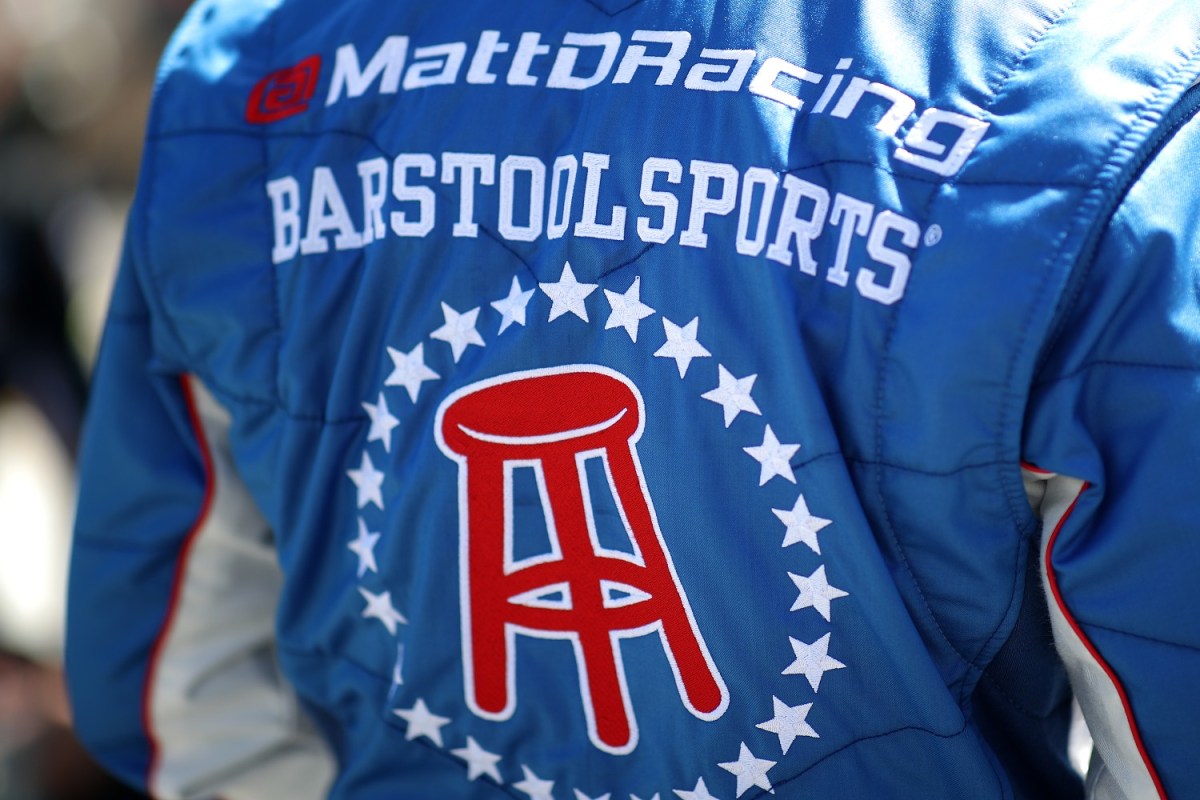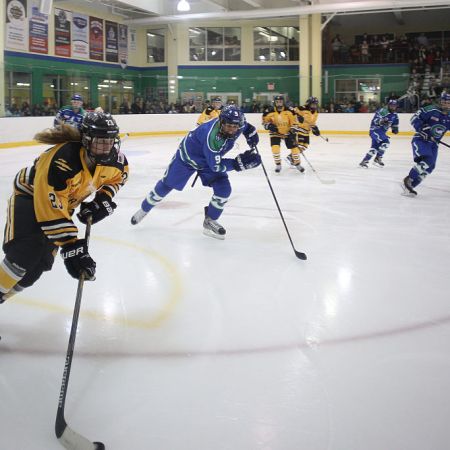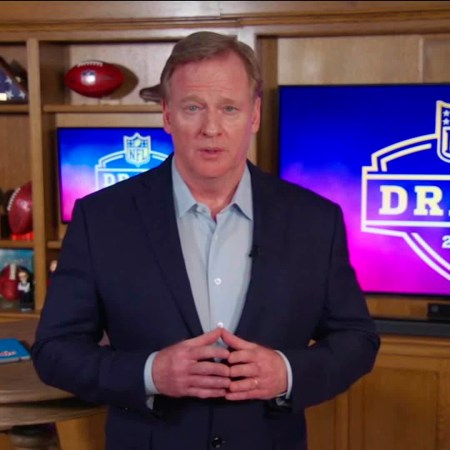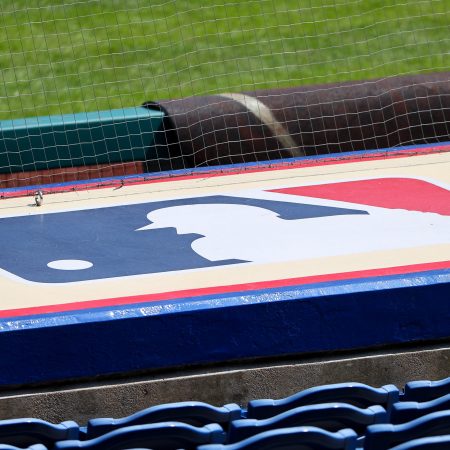Since its founding in 2003, Barstool Sports has experienced the kind of growth in popularity that few other businesses of a similar vintage can claim. Despite numerous reports of dodgy behavior on the part of founder Dave Portnoy — who recently bought the company back for a dollar — the company remains firmly embedded in the pop-culture firmament. Its reach goes beyond the sports world as well; the phrase “Barstool conservative” has become a useful part of political discourse.
But as a recent investigation from The Daily Beast illustrates, Portnoy’s history of using racist language isn’t the only way in which the company has ventured into ethically troubling territory. As Robert Silverman writes, the company made use of dozens of “burner” Twitter accounts to get around restrictions on sharing copyrighted material online.
Silverman’s investigation reveals the way Barstool’s system would work: an account set up by someone within Barstool would share copywritten material. An official Barstool account would then amplify that account — and if the original account that violated copyright was taken offline by Twitter for a DMCA violation, the Barstool account would be unscathed.
The 40 accounts uncovered as part of the Daily Beast’s investigation include a number of suspicious characteristics, including being associated with a Barstool Sports email address, some deep-cut references to Portnoy’s history and including the word “burner” in the account name. The accounts posted copyrighted material including clips from sporting events and television shows, with some receiving tens of millions of views on social media.
If you’re left with a sense of deja vu with this tale of a social media-savvy figure expanding their reach via other people’s copyrighted material, you’re not wrong. It’s been eight years since comedian Josh “The Fat Jewish” Ostrovsky was criticized for stealing jokes and memes created by other people, but cropping out evidence that the original authors were other people.
Steve Albini Calls Barstool Sports and Joe Rogan “Trash Garbage”
“I want them all out looking for work,” he said. “Into the chipper with all of it.”The Daily Beast’s investigation also notes another aspect of the case suggesting that this was an organized, well-thought-out effort to get around copyright laws: the videos uploaded by the “burner” accounts featured no text in the posts, making it harder for someone searching for copyright violations to find them.
Given Barstool Sports’ history of weathering controversies in the past, it’s unclear what effect — if any — the tangible results of this investigation will be. One expert in copyright law told The Daily Beast that this represented “uncharted territory” — but it does seem possible that the repercussions could come less from legal avenues and more from frustrated sports leagues, less than thrilled at their copyrighted telecasts have been pirated in this manner.
Whether you’re looking to get into shape, or just get out of a funk, The Charge has got you covered. Sign up for our new wellness newsletter today.


















